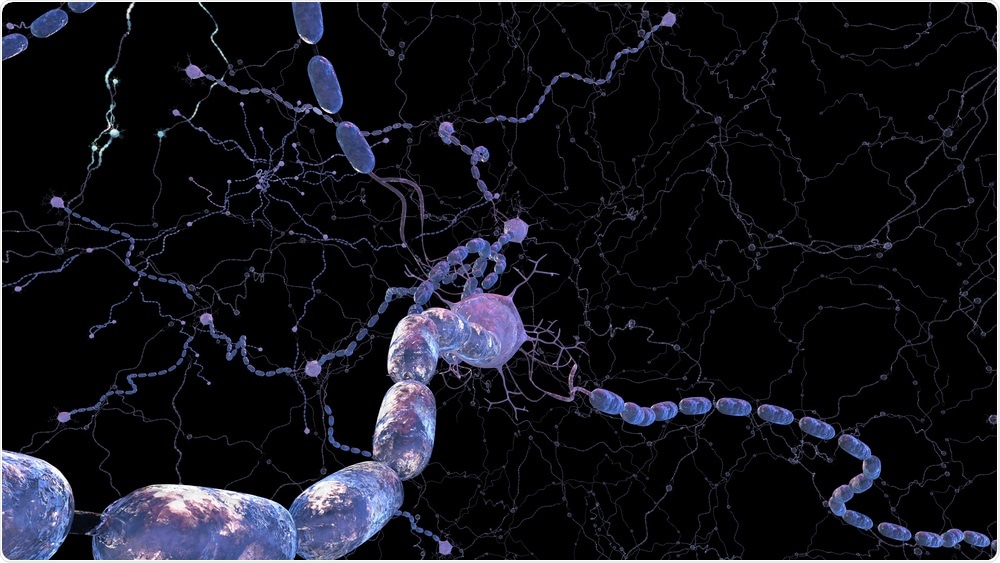Researchers from the University at Buffalo have made a discovery about remyelination that could lead to new treatment approaches for inflammatory diseases such as multiple sclerosis.

3Dme Creative Studio | Shutterstock
As described in the journal Cell Reports, the team found that in adult stem cells, the activation of a specific transcription factor induces pathological quiescence – where the stem cells become unable to respond to injury by generating myelin-forming oligodendrocytes.
Demyelination is a key feature of inflammatory conditions such as multiple sclerosis. The study describes the role of a transcription factor called PRRX1 in human oligodendrocyte progenitor cells.
Current studies into multiple sclerosis mainly focus on therapies that induce the differentiation of these progenitor cells. Here, Fraser Sim and colleagues focused on the possibility of new drugs that could block the pathological quiescence of the progenitors.
The idea that pathological quiescence of progenitors could prevent regeneration in MS is distinct from the current pre-clinical strategies making their way into trial.
Fraser Sim, Lead Researcher
The team found that activating the PRRX1 gene disrupted myelin repair by blocking proliferation of the oligodendrocyte progenitor.
The study showed that expression of PRRX1 caused cell cycle arrest and quiescence of oligodendrocyte progenitor cells, thereby disabling myelin production.
Sim and team also demonstrated that blocking PRRX1 expression prevented the negative effects of the proinflammatory cytokine interferon-y.
The expression of this transcription factor might be a viable target in inflammatory diseases such as multiple sclerosis, where interferon-y may prevent remyelination, says Sim.
The findings could pave the way for potential new therapeutic targets, as well as shedding light on the mechanism by which effective myelin repair and regeneration is prevented in MS.
The discovery that pathological quiescence is what causes this failed repair and regeneration of myelin will guide the team’s future studies.
We plan to pursue the idea that perhaps we could identify treatments for MS that work by overcoming pathological quiescence of oligodendrocyte precursors in demyelinating lesions that characterize this disease.”
Fraser Sim, Lead Researcher